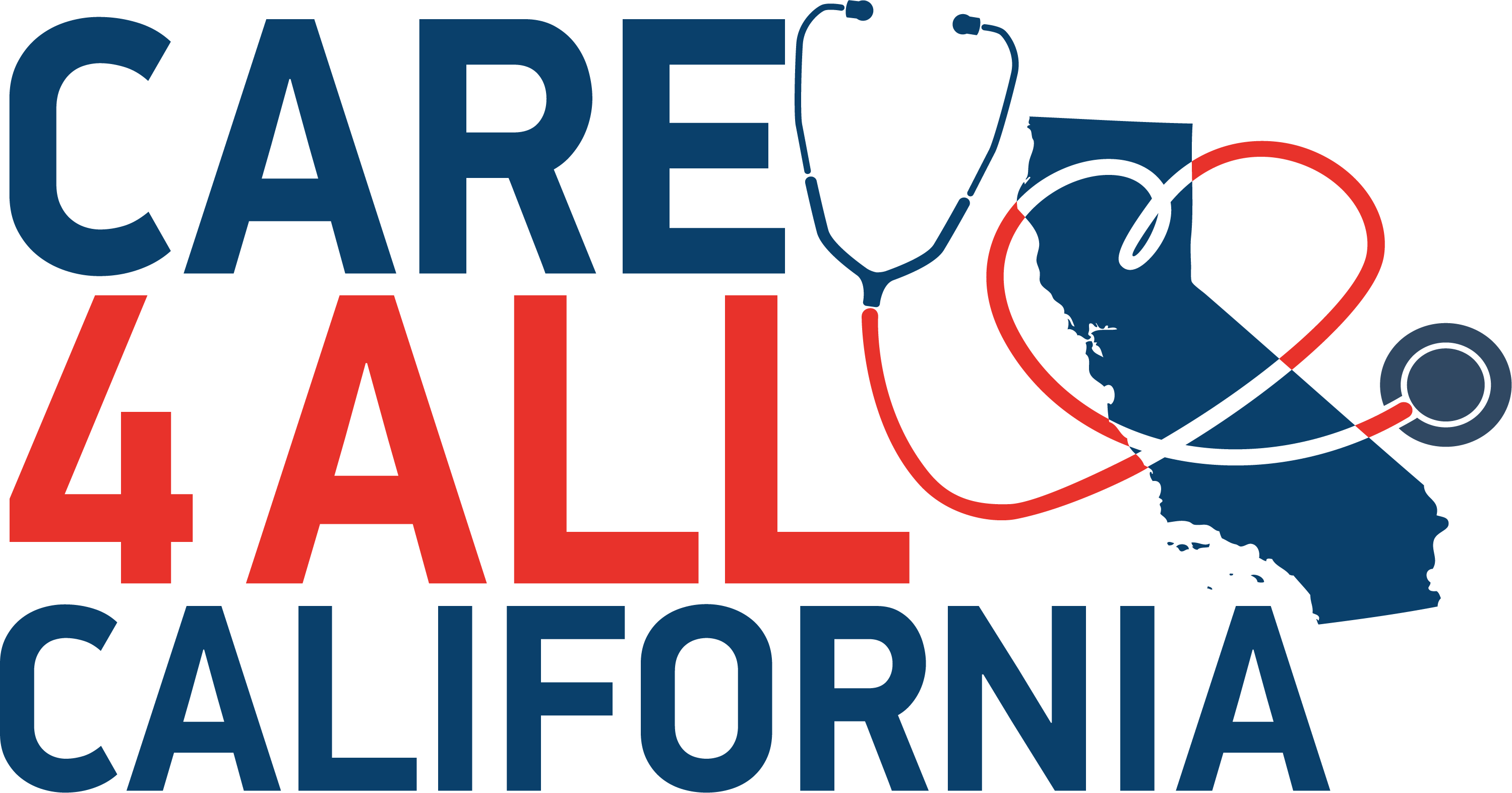This package of legislation builds on the progress California has made implementing and improving on the Affordable Care Act over the last decade, having led the nation with the biggest drop of the uninsured rate of any state. Our coalition of over 70 organizations seek additional and bold action to achieve a universal health care system that is affordable, accountable, and equitable to all Californians. These are steps California can take now, without the need for constitutional amendments, federal approvals or Acts of Congress–urgent actions that are complementary with longer-term goals and reforms.
COVERING ALL CALIFORNIANS AND IMPROVING AFFORDABILITY TOWARD UNIVERSAL COVERAGE
Everybody benefits when everyone is covered, getting primary and preventive care to stay healthy. These state budget and policy steps can remove exclusions in our public programs and increase affordability to further reduce our uninsured rate.
- AB 4 (Arambula): Expand Medi-Cal Regardless of Immigration Status, Toward the Goal of #Health4All. Medi-Cal should cover all income-eligible adults regardless of their immigration status. Building on previous coverage expansions, this proposal, also in the Governor’s budget and by Senator Durazo, would remove the exclusion for over 700,000 undocumented Californians aged 26-49. [Co-Sponsored by California Immigrant Policy Center and Health Access California] STATUS: Included in state budget
- SB 944 (Pan) & AB 1878 (Wood): Greater Affordability in Covered California. Federal assistance has lowered premiums, but escalating deductibles and copays keep care out of reach for many Covered California enrollees. These bills will eliminate deductibles for Silver plans, and reduce co-pays so that all enrollees can afford to seek care when they need it. [Sponsored by Health Access California] STATUS: SB 944 vetoed by Governor Newsom
- AB 1995 (Arambula): Eliminating Medi-Cal Premiums. Medi-Cal premiums place an undue burden on families already living on very limited incomes, and create barriers in access to care. This bill, a permanent change similar to a proposal in the Governor’s budget, will eliminate monthly Medi-Cal premiums now required of those just above the poverty level, to ensure over 500,000 children, pregnant individuals, and people with disabilities can access the health care services that they need to stay healthy and thrive. [Sponsored by Children Now and Western Center on Law & Poverty] STATUS: Included in state budget, additional action needed to eliminate copays
- AB 1900 (Arambula): Share of Cost Reform. Some low-income older adults and people with disabilities in the Medi-Cal Share of Cost program are forced to pay over $800 of their monthly income on health care if they are just $1 over the program’s income limit. This bill updates the maintenance need levels to 138% of the federal poverty level, making coverage more affordable for tens of thousands of low-income Californians. [Co-Sponsored by Disability Rights California, Justice in Aging, Western Center on Law & Poverty] STATUS: Included in state budget
- AB 2402 (Rubio): Medi-Cal Continuous Coverage for Young Children. To prevent gaps and disruptions in early childhood preventive care, Medi-Cal children would have continuous coverage from birth up to age 5 without requiring annual renewals. [Budget effort sponsored by The Children’s Partnership, National Health Law Program, Children Now, Maternal and Child Health Access, Western Center on Law & Poverty] STATUS: Included in state budget
- SB 644 (Leyva): Connecting the Unemployed to Coverage. The pandemic has seen many lose not only their jobs, but their health coverage as well. For those applying for or losing unemployment benefits, this bill requires California’s unemployment agency to share their information with Covered California in order to connect them with their coverage options. [Co-Sponsored by Health Access California, California Pan-Ethnic Health Network, Western Center on Law & Poverty] STATUS: Signed into law
- SB 967 (Hertzberg): Connecting Taxpayers to Coverage Information. Many Californians continue to be uninsured due to lack of information about their options. This bill would add a check box on state tax forms for people to indicate if they are interested in receiving information about low-cost health care coverage options. [Co-Sponsored by Health Access California and American Heart Association] STATUS: Signed into law
- AB 2530 (Wood): Keeping Striking Workers Covered. Exercising their right to strike should not mean a worker loses health coverage for themselves or their families. This bill would provide health benefits through Covered California to workers and their families who lose health benefits due to a labor dispute. [Co-Sponsored by California Labor Federation and SEIU CA State Council] STATUS: Signed into law
IMPROVING HEALTH CARE EQUITY
Once enrolled in coverage, all Californians should be able to access quality care, and our health system should be held accountable for improved health outcomes and reduced racial disparities and other inequities. State efforts should focus on population health rather than profits.
- SB 1033 (Pan): Advancing Health Equity with Data. Incomplete demographic data prevents a better understanding of how the state can appropriately allocate resources for communities who still face health barriers. The bill will improve data collection standards that will help address health outcomes for racially and ethnically diverse communities, including LGBTQ+ and disabled communities. [Sponsored by California Pan-Ethnic Health Network] STATUS: Held in committee
- SB 923 (Wiener): Access to Gender Affirming Care. This bill would improve access to gender affirming care for transgender, gender non-conforming, and/or intersex (TGI) people by requiring TGI cultural competency training for contracted providers, their staff, and the staff of health plans. It also ensures plan provider directories identify providers who offer gender affirming services. [Co-Sponsored by California LGBTQ Health and Human Services Network, Equality California, National Health Law Program, Western Center on Law & Poverty] STATUS: Signed into law
- SB 1019 (Gonzalez): Strengthening Access to Medi-Cal Mental Health for Diverse Communities. Many Californians in Medi-Cal, especially for Black, Indigenous, Communities of Color (BIPOC) individuals and families, do not realize that they are eligible for mental health services or face barriers to access because of the lack of linguistic and cultural competency. The bill would require Medi-Cal Managed Care Plans to provide enrollees with information on their mental health benefits, right to timely access to care, and linguistically-relevant resources on how to navigate health care plans; while collecting direct patient experiences to inform the state on how to properly close racial disparities in mental health. [Sponsored by California Pan-Ethnic Health Network] STATUS: Signed into law
- Mobile Mental Health Crisis Response. People of color who experience a mental health or substance use related crisis are often met with a law enforcement response, rather than a health care response. As a result of the American Rescue Plan Act, California has the opportunity to add a mobile crisis response benefit to Medi-Cal. This budget request would require the Department of Health Care Services (DHCS) to implement this benefit in a manner that advances racial justice and health equity. [Budget effort sponsored by California Pan-Ethnic Health Network] STATUS: Discussions with Newsom administration pending
- AB 1930 (Arambula): Comprehensive Perinatal Services in Medi-Cal. Medi-Cal’s Comprehensive Perinatal Services Program (CPSP) helps connect pregnant and postpartum people to services to address social determinants of health (SDOH) and mental health conditions. This bill will ensure that CPSP services will be available to provide assessments, care plans, and warm handoffs for SDOH assistance throughout the extended 12-month post pregnancy eligibility period that launches April 1, 2022. [Sponsored by Maternal and Child Health Access] STATUS: Vetoed by Governor Newsom
REDUCING HEALTH CARE COSTS AND ENSURING INDUSTRY ACCOUNTABILITY
The U.S. spends more than all other industrialized countries on health care per person, not because we use more services or have better health outcomes, but because prices are higher. Consumers need greater oversight on health costs and consolidation to stop sky-rocketing health care prices.
- AB 1130 (Wood): Create an Office of Health Care Affordability. In order to address costs across the entire health care system, an Office of Health Care Affordability would be established to collect and analyze information and identify trends in health care prices. The Office will set enforceable cost targets for health care affordability, providing health system entities the tools to meet these goals, and accountability, including the ability to levy financial penalties, if they don’t. STATUS: Included in state budget
- AB 2080 (Wood): Improved Oversight Over Health Industry Consolidation. Consolidation reduces competition and drives up costs. Strengthening and extending the oversight of the California Attorney General and Department of Managed Health Care on health care mergers, acquisitions and other transactions, and also prohibiting certain anti-competitive contracting clauses, will help confront a key cause of high health costs. STATUS: Held in committee
- SB 858 (Wiener): Health Plan Accountability. Despite the strong consumer protections for 27 million Californians in health plans regulated at the Department of Managed Health Care (DMHC), many are still denied or delayed in getting medically necessary services. DMHC’s financial penalties have not been updated for decades and plans often pay the penalties instead of improving care. The bill would update penalty amounts to hold plans accountable. [Sponsored by Health Access California] STATUS: Signed into law
Sponsors listed for each priority only include coalition members and may not be comprehensive.

